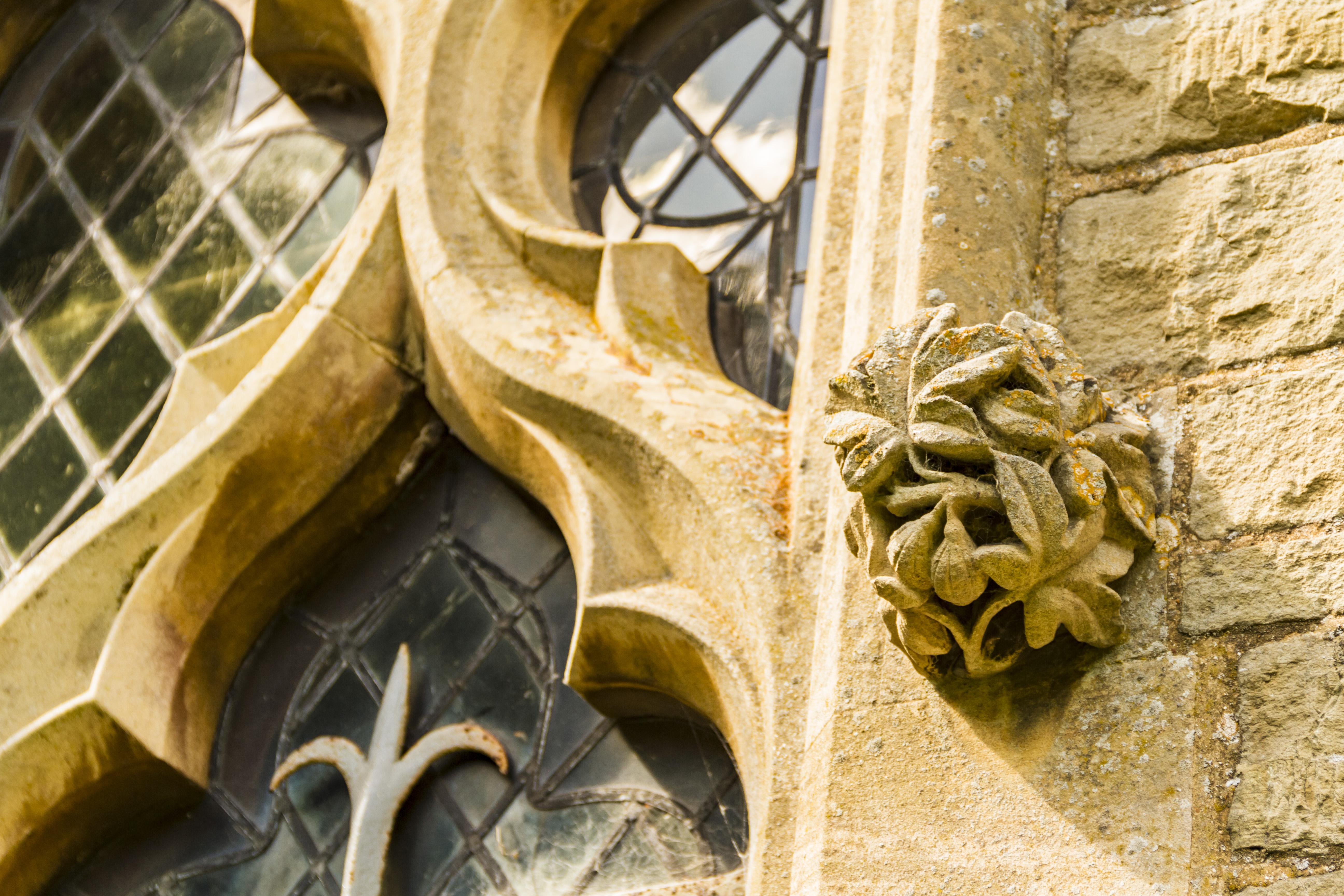
Gifts from individuals
There are mny people within your community who would give towards your project, if they understand and support its aims and if they are approached in the right way.
If you are collating lists including personal data, be sure to revise the General Data Protection Regulation (GDPR) rules that came into force in 2018. The law is to give individuals rights and protection of their personal data (e.g. names, contact details, dates of birth etc.) and the ways in which it is used.
Parish Resources have some information here and the Baptist Union have information available here. For instance, if you are collating lists of contact details be sure to have permission from that individual and evidence for it, keep files securely, keep lists up to date, and not for longer than necessary.
1. Who to approach
Make a list of individuals with the capacity and interest to make a significant donation by asking everyone involved with your church, and even your family and friends, for suggestions.
Seek the advice of the mayor or other local officials, as they will be in touch with a wide network of people.
Keep an eye on the local press for articles on local benefactors, and make sure that you gain and keep the press interested in your project with regular stories and photographs.
Study the lists of benefactors in the annual reports and on the websites of other relevant or local charities.
Look up the owners of substantial properties near the church.
Consider subscribing for a month to The Sunday Times Rich List online from £2 a week. It is interactive with a map so you can search for the wealthy individuals in your area. Make the most of it and do all your searches whilst you have access.
The Sunday Times : rich list
2. How to ask individuals
Prepare a succinct one or two page summary that can be given out to prospective donors. It should include some information about your building and the project, what the need is and how it will be met, the cost and the benefits that will result from your project.
Ask for a specific amount, determined by the prospective donor’s interest in your cause and ability to give. Remember, you can always reduce the requested amount but it's hard to increase it. Asking for small amounts from everyone will not increase the number of people who give, it will only reduce your average donation.
You should let prospective donors know how, in gratitude for support, you will recognise their contribution (eg an invitation to the dedication or thanking event, on a benefactor’s plaque, in a donors’ book, in the newsletter, on the website, with a certificate, or with membership in a special supporters’ society, perhaps named for a key figure in the church’s history).
Practice your spoken ‘pitch’ in front of others, and take on board their comments.
Request a short meeting with each potential donor to talk about your project (this may be through a mutual introduction). Even if the potential donor does not offer you any support, offer to keep in touch and keep to this promise. They may decide to contribute as the project gets underway.
3. How to ask a group
Request a meeting of 30-45 minutes with heads of local businesses and partners of local law firms at their offices to tell them about your project and invite them in person to contribute.
Invite groups to special events at the church to learn about the project, give a presentation, and show them around. Make sure all your volunteers have practised their pitch.
